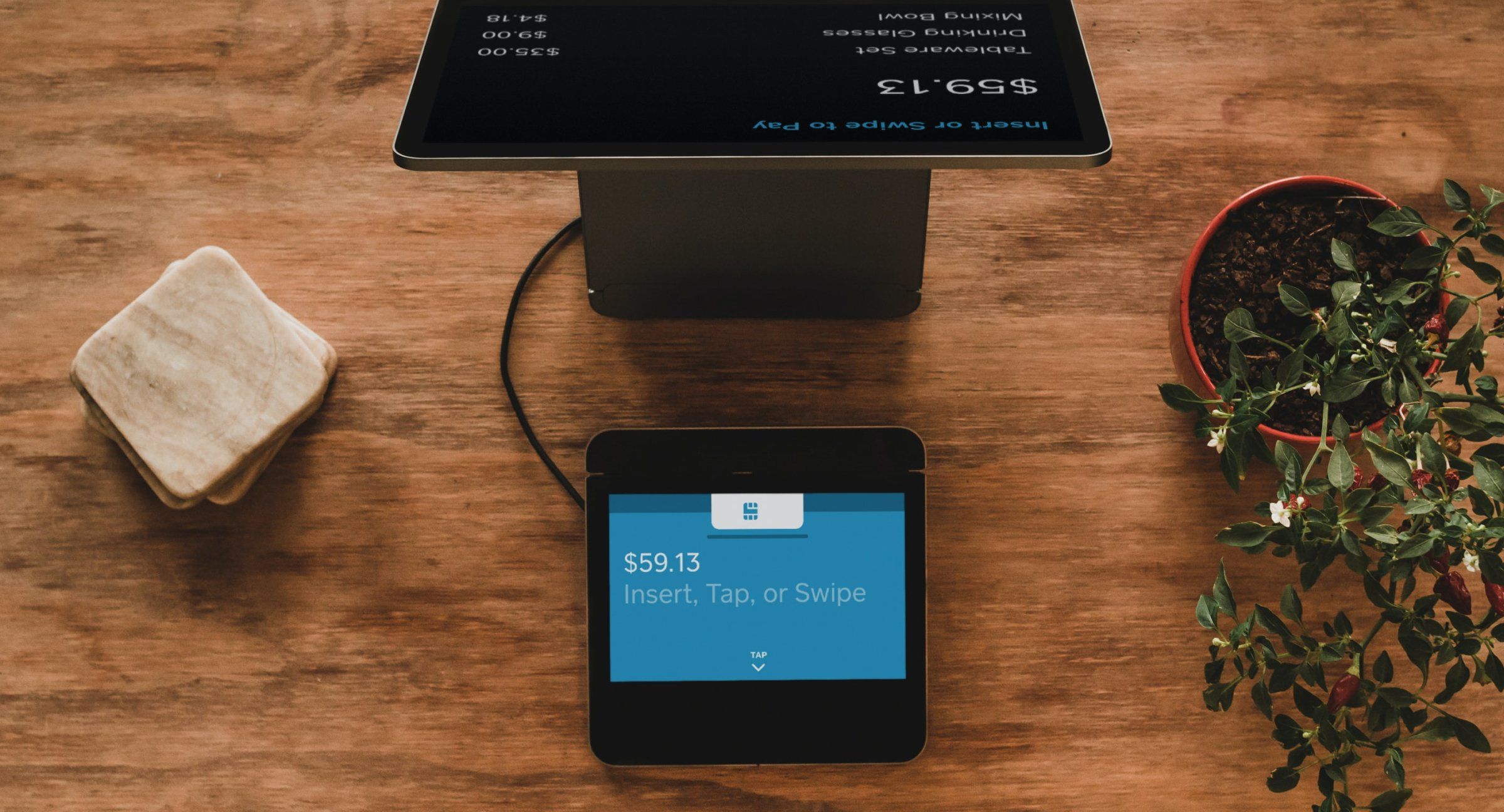
Starting a new firm can be both exciting and daunting. There are many vital steps to take before you launch your business, including estimating your start-up costs. This can help you determine how much money you will need to get your business off the ground and plan for potential expenses.
What Are Start-Up Costs?
Start-up costs are the funds necessary to start your business. These include office supplies and equipment, marketing expenses, and employee salaries. It's important to clearly understand your new business start-up costs before you launch your business, as this will enable you to stay on track financially.
How Do I Estimate My Start-Up Costs?
There are a few key steps you can take to estimate your start-up costs:
Research Your Industry
Look into your industry and find out what similar businesses spend on their start-ups. This will give you a good idea of the average cost of starting a business in your field.
Determine What You Need
Make a list of everything you need to get your business up and running including office supplies, marketing materials, employee salaries, etc.
Calculate One-Time and Ongoing Costs
Some start-up costs are one-time expenses you won't have to pay again, such as the cost of setting up your office. Other start-up costs are ongoing, such as marketing or employee salaries. Make sure to include both one-time and ongoing expenses in your estimate.
Get Quotes
Once you know what you need, get quotes from vendors to get a more accurate idea of start-up costs.
Make Adjustments
After you've gathered the required quotes and information, you can adjust your estimates as needed.
Create a Budget
Now that you clearly understand your new business start-up costs, create a budget to help keep track of your expenses and stay on track financially.
Tips on Reducing Start-Up Costs
Although some costs are non-negotiable and a must to start your business, there are ways you can lower your start-up costs, such as:
Do It Yourself
Examine your start-up cost list and determine if you have the skills and knowledge to complete any tasks yourself. These can include designing your marketing materials and setting up your office space.
Outsource
If you lack the time or skills to do something yourself, consider outsourcing it. This can be a cost-effective way to get the help you need without breaking the bank.
Negotiate
Don't shy away from negotiating with vendors and suppliers. You may be able to get a better price if you're willing to haggle.
Use Free Resources
Multiple free resources are available online and in your local community to help you save money on start-up costs. Some available resources include free office space and marketing tools.
Get Creative
Be creative with your start-up costs and look for ways to save money. For example, you may try bartering goods and services or using recycled materials.
Contact the experts
If you need help estimating your new business start-up costs or creating a budget, contact the team at DeBlanc & Murphy. We're here to guide you every step of the way, from planning and launching your new business to managing your finances.
